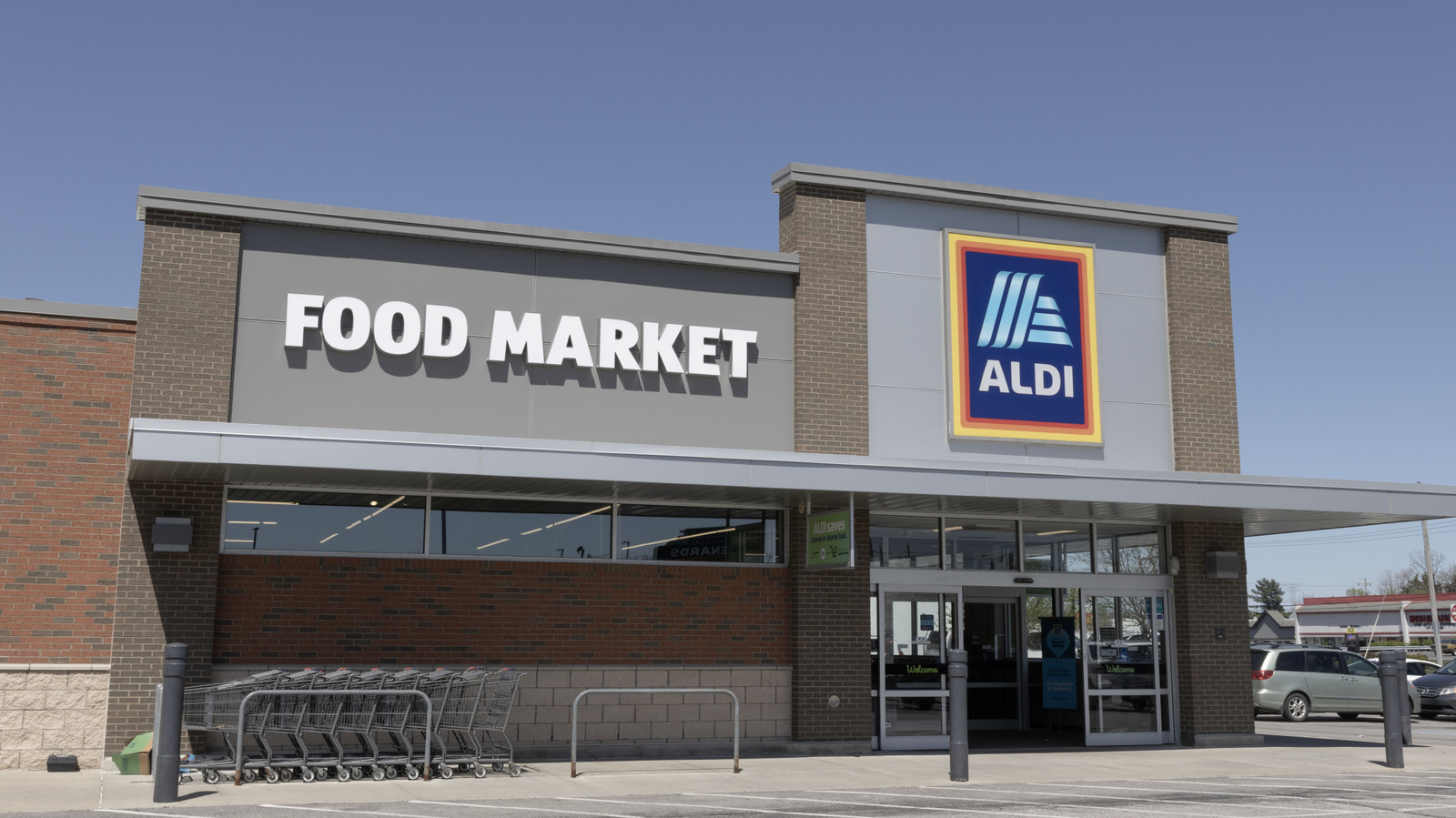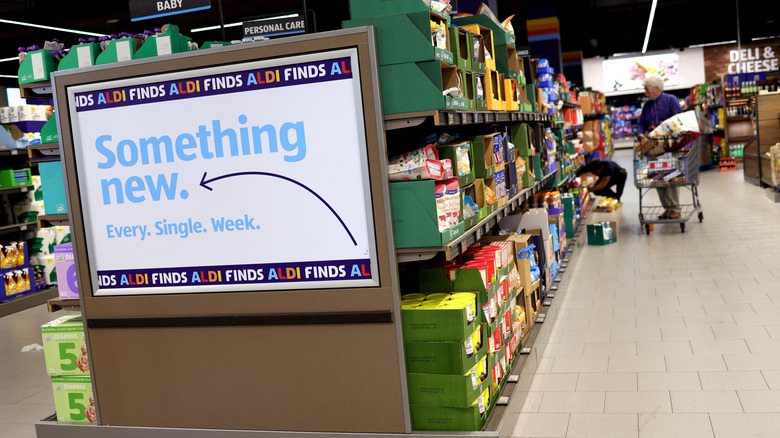As a company, Aldi prides itself on being a little bit different. The company’s brick-and-mortar locations are packed to the brim with unique business practices, building a low-cost grocery counter-culture that shoppers can’t seem to get enough of. Longtime Aldi fans might have grown accustomed to the chain charging 25 cents for shopping carts or the so-called “Aisle of Shame”, featuring an ever-changing assortment of toys, kitchenware, and seasonal bric-a-brac. But one of Aldi’s more subtle quirks has gone unseen, or rather, unheard, over the years, as the grocery giant doesn’t play music in any of its stores.
This is not an oversight, and it is not a technical error, either. The silence is by design, and, surprisingly, it has a tangible impact on the price of your favorite groceries. Though you cannot sing along to Taylor Swift in the wide-open aisles of Aldi, chances are, the extra money saved with each grocery run will be music to your ears. You see, playing music in a commercial space is far more complicated than turning on the radio or pressing “play” on a curated Spotify playlist. Instead, retailers must pay licensing fees (typically to a performing rights society) to secure the rights to the upbeat, love-it-or-hate-it hits of today that famously blare out store speakers. For larger chains, these fees quickly add up across hundreds, or even thousands, of locations. With that in mind, Aldi chose instead to negate this cost entirely, which manifests itself in lower prices for its consumers.
The psychology behind a grocery store playlist
If licensing fees are expensive, you might be wondering why every retailer doesn’t make like Aldi and forego in-store music all-together. While each chain likely has a unique reason behind its music choices, the songs that you hear in a store can actually influence your perception of the company. In an ultra-competitive retail scene, grocery stores play music to help increase sales. For example, music with slow tempos can influence customers to linger around the store a little longer, and as they meander down the aisles, that usually correlates with a much fuller cart. In addition, a carefully curated playlist can help consumers distinguish one brand from another. If a grocery store aims for an upscale vibe, for instance, they might play classical music to increase the perceived brand value.
But compared to its competitors, Aldi is not trying to entertain. Instead, the silence reinforces the company’s utilitarian aesthetic, offering a no-frills take on grocery shopping with no unnecessary distractions. The company knows that its shoppers are not looking to get lost in its aisles, so instead, it offers a clear, streamlined approach to everything it does. Whether that’s creating stores with smaller footprints or reducing the number of brands and selections, everything is done with purpose, so long as shoppers reap the benefits in the end. Besides, if customers are looking for a soundtrack for their weekly grocery run, they can feel free to listen to their own music with headphones.






